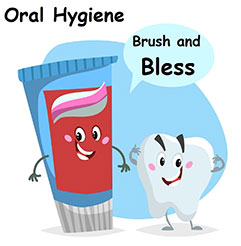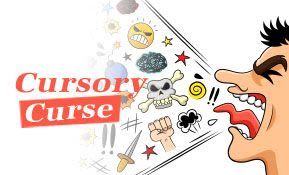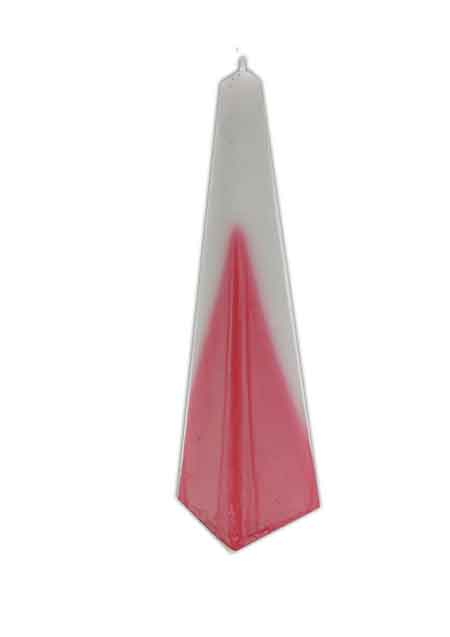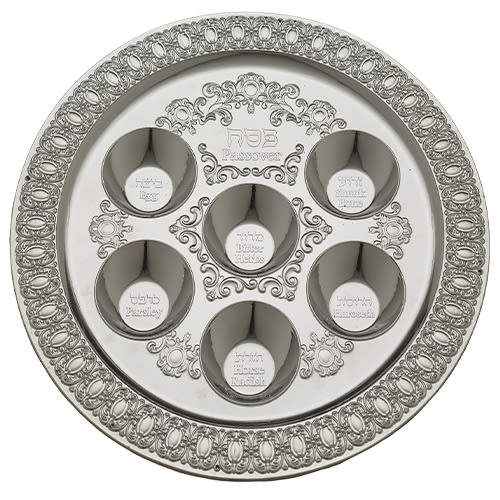
Oral Hygiene
A healthy mouth is not just a matter of brushing your teeth regularly and properly. More important is the spiritual aspect of oral hygiene, or wholesome speech…

A healthy mouth is not just a matter of brushing your teeth regularly and properly. More important is the spiritual aspect of oral hygiene, or wholesome speech.
Nothing contaminates one’s mouth like cursing does. The “Pele Yoetz” writes that curses cause tremendous damage, both for the people who are cursed and of course for the one who curses. Although no one emerges unscathed from a curse, he who curses suffers the most. He will especially suffer if he is a serial curser. Even if he does not curse on a regular basis – even if he only curses occasionally and his curses are seemingly justified – he’s asking for trouble. The Pele Yoetz brings proof from King David: all the curses that King David cursed Yoav ended up manifesting themselves in his own offspring.
A person must exercise extreme caution in guarding his speech for curses bring on self-induced tribulations. Curses are the deep dungeon of darkness and anyone who deals in them suffers. Those who curse will stand accountable for all the suffering they brought on other people. The best advice is to choose the path of the magnanimous and bless other people. Turn every curse into a blessing!
Parents, especially mothers, must be very careful to maintain a clean tongue and speak in a positive manner, never cursing their children, Heaven forbid, in a fit of anger. If those curses ever materialize on the children, Heaven forbid, the parent will suffer multiple times over. Therefore, self-control is the key word here.
A parent should realize the severity of a curse or other negative utterance and exercise restraint. The parental mouth should utter blessings, not curses. And, if a parent can’t restrain him/herself, he/she should say, “May Amalek’s name be erased,” or something like that. Restraint gives a parent time to regain self-composure, where the parent can then say a blessing instead of the instinctive, anger- triggered and uncontrolled curse.
triggered and uncontrolled curse.
Don’t ever curse your children or your spouse, for such an act is catastrophic. Also, as we said before, don’t push anyone – in this case, your spouse or your children – into a situation of emotional exasperation where they end up cursing. Don’t curse any human on earth, for it only expedites and invokes stern judgments. It is clear that one should never anger one’s parents, for it might bring them to a point where they curse; woe to the sons and daughters who push their parents that far.
King Solomon says, “The wise son gladdens the father” (Proverbs 10:1). Sons and daughters should do their utmost to bring joy to their parents; then, they will not only benefit from their parents’ blessings, but from Hashem’s blessings as well. Those who bring joy to their parents earn rewards in measure-for-measure fashion: they ultimately derive joy from their own children.
When I lecture in prisons, I ask the inmates: “Who was convicted for violating the Sabbath or for not wearing tefillin?” They look at me like I’m weird and ask me what I’m talking about. No one was sent to prison for that, they tell me. Then, I drop the bomb: “Check yourselves and you’ll see that you’re here for violating the mitzvot between man and fellow human – violence, stealing, abuse in the family. You end up behind bars for crimes against your fellow human.” We learn accordingly that people suffer because of the suffering they cause others.
Even in prison, if an inmate is dysfunctional in his relationships with other inmates, he gets put in solitary confinement, completely separated from everyone else. He can’t get along with others; they don’t like him, irritate him, and inform on him. On the other hand, the inmate who makes an effort to get along with others – both with fellow inmates and with the prison guards – benefits. People willingly do favors for him, bless him, and rejoice in his presence. A person like that is happy, because he makes other people happy, and he barely feels like he’s in prison because he envelops himself in positive energy, cheering other people up and encouraging the heartbroken.
His incarceration is relatively benevolent and he is as happy as can be expected in his circumstance. This is what I always say: take a good look at what you’re paying such a high price for. All your suffering, and all the world’s suffering, is because of violations of the Torah’s laws between man and fellow human. Indeed, rectify now the reason that got you into jail in the first place. Treat the problem from the root and identify what you did to harm your fellow human. Now, be a human being – treat others with respect, with mercy and with encouragement. This will already give you a feeling of freedom.










Tell us what you think!
Thank you for your comment!
It will be published after approval by the Editor.